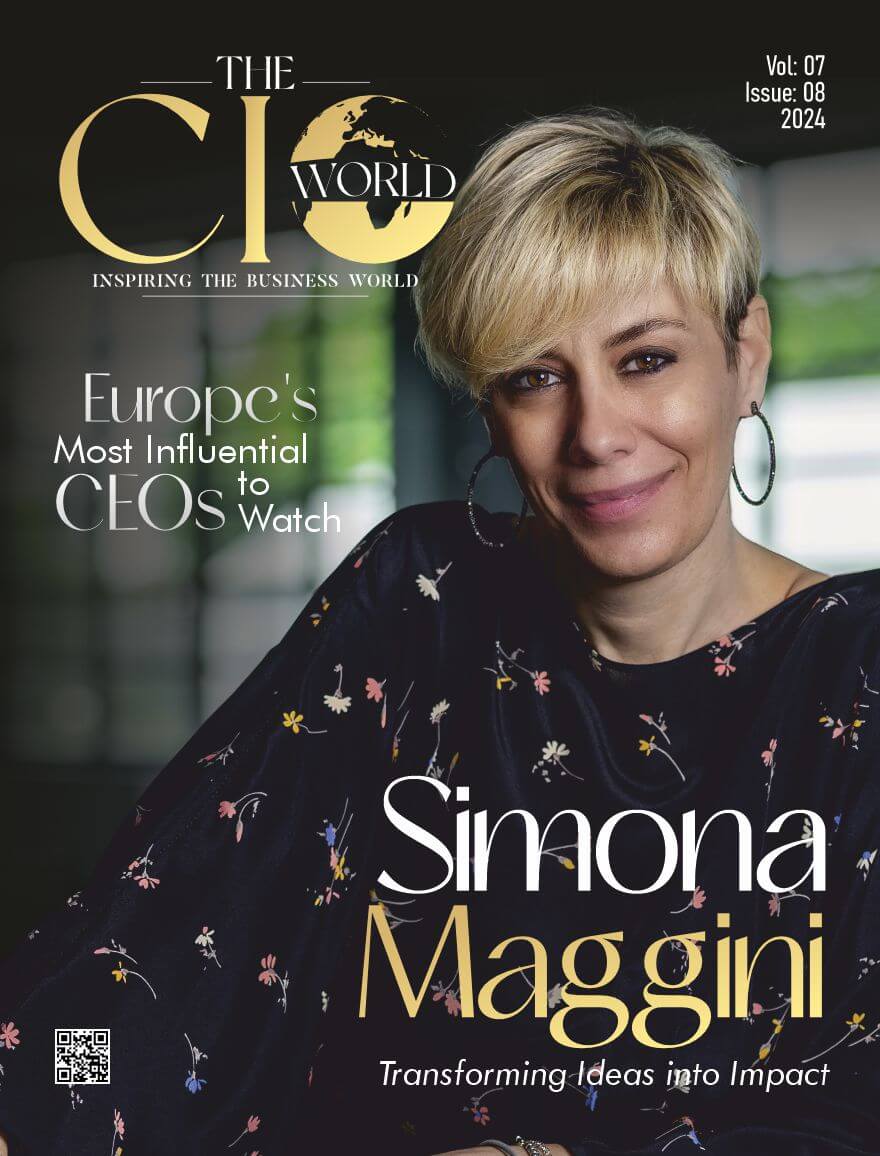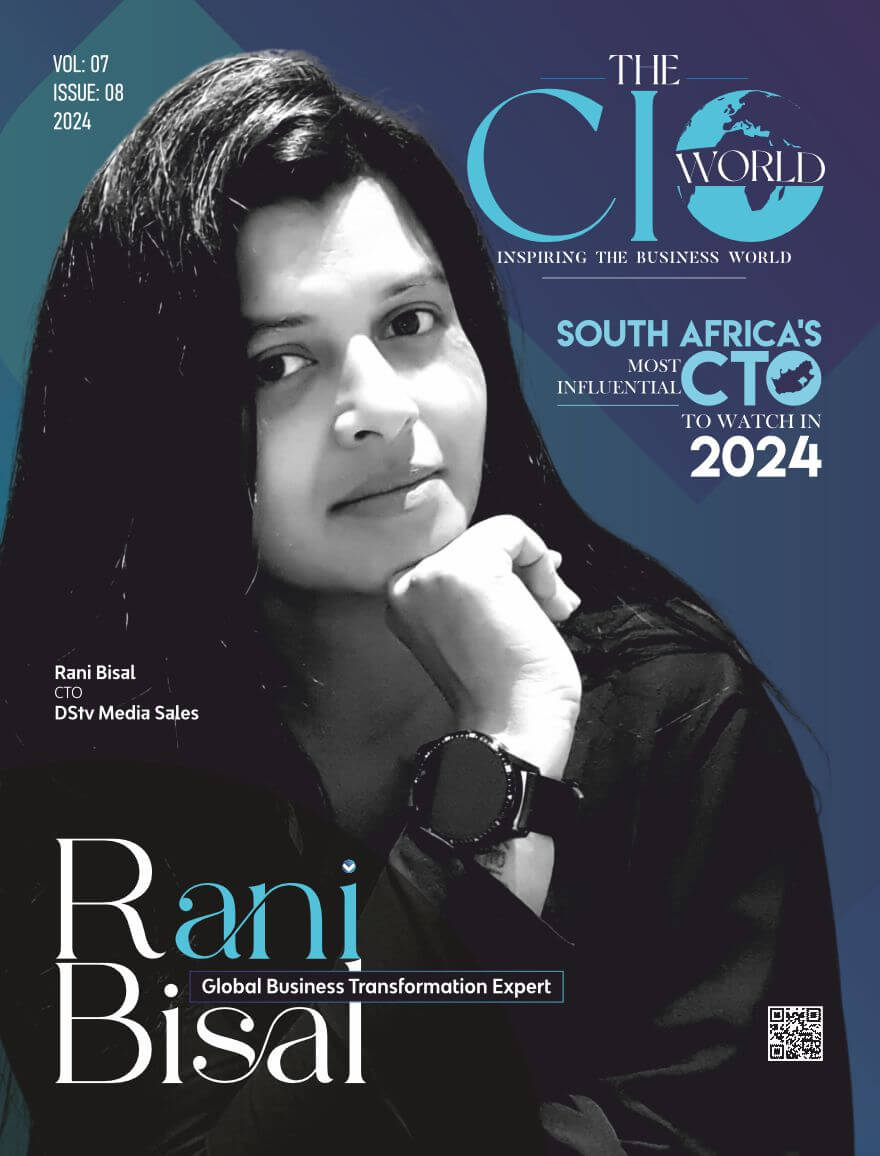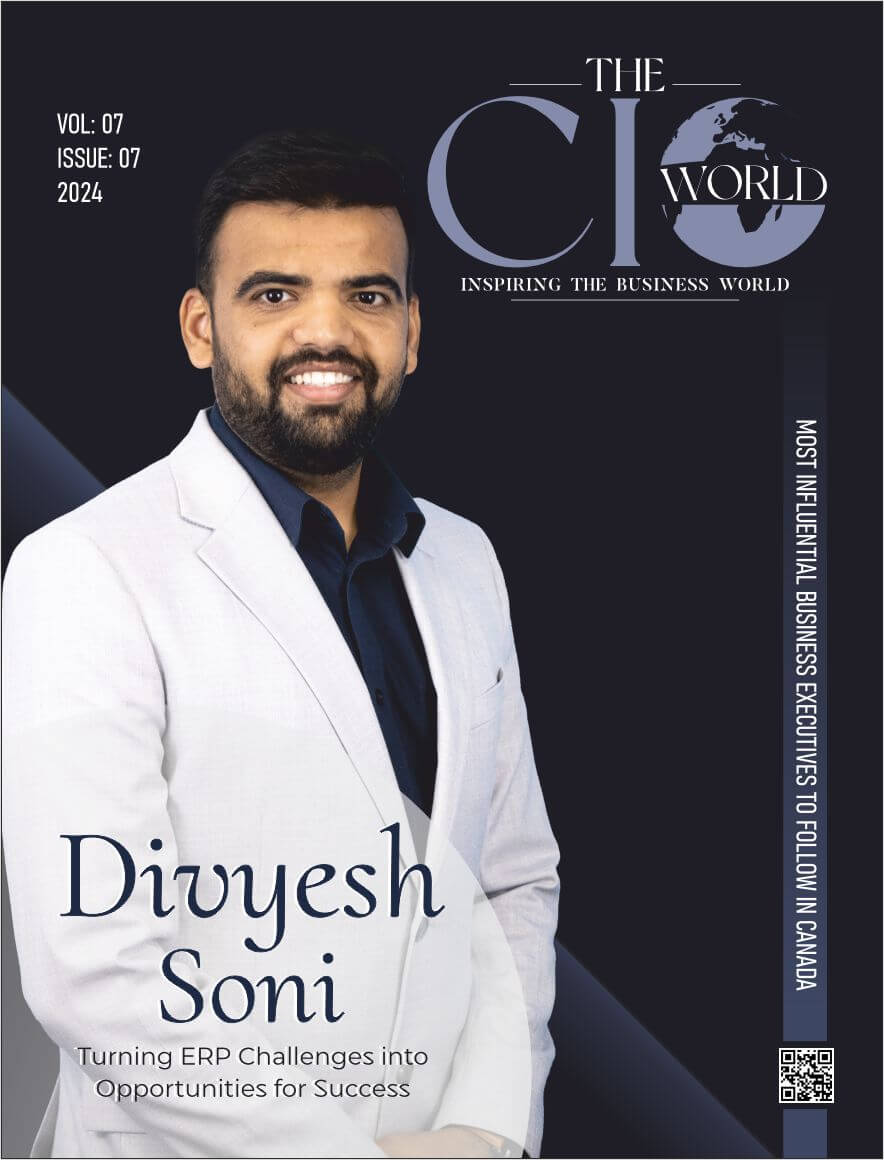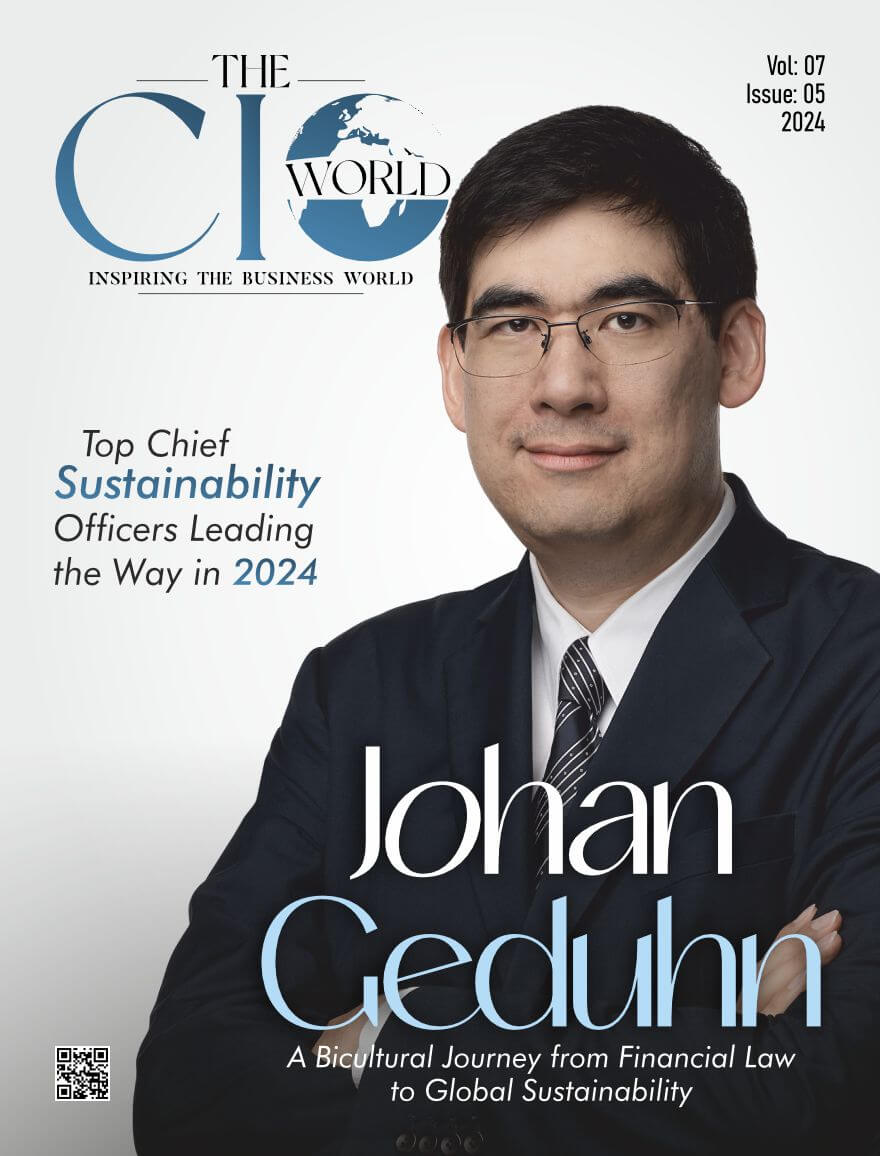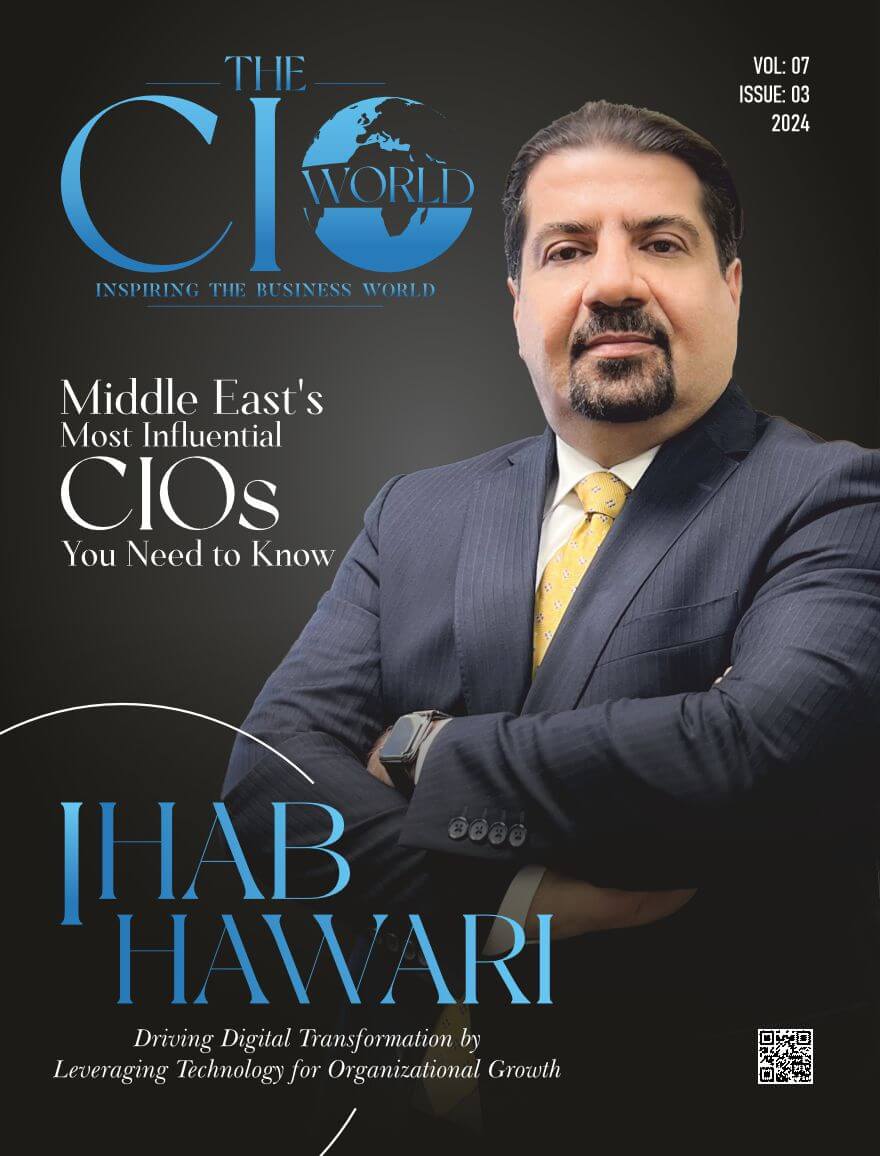Google engineers are demonstrating MusicLM, a new music generation AI system. The group claims in their paper, posted on the arXiv preprint server, that the new system establishes a new level of composition and high fidelity in computer-generated songs.
MusicLM’s development is part of a wave of deep-learning AI applications aimed at replicating human mental abilities such as writing papers, painting, taking tests, talking, or creating mathematical proofs.
Other efforts to create song-generation applications have included Dance Diffusion, Jukebox, and Diffusion. However, each has distinct limitations, and the songs they generate would never be mistaken for music composed by a human composer.
The Google team claims that their new system outperforms previous systems in terms of both song quality and adherence to text prompts in this latest effort. On the Google Research site, Google provides numerous examples. “Induce the experience of being lost in space,” for example. As expected, techno songs outperform those that recreate classic pieces played on authentic instruments.
The system was taught to make music by listening to 28,000 hours of human-played songs. It can also generate pieces of varying lengths. It can cause a single riff or an entire melody. It can even go beyond that by writing songs with movements, as is common in symphonies, to create the feeling of a story.
The system can also accept specific requests for specific instruments or genres. If asked, it can also generate vocals or more accurate vocal sounds, though the results sound like a robot choir that doesn’t know the lyrics.
Google will not be releasing the app for general use. Testing showed that approximately 1% of the music generated by the system is copied directly from a human artist. Thus, they are wary of misappropriation of content and lawsuits.
Google will not make the app available to the general public. Testing revealed that approximately 1% of the music generated by the system is directly copied from a human artist. As a result, they are concerned about content piracy and lawsuits.



